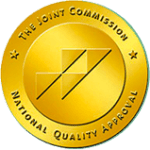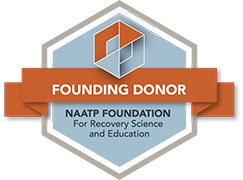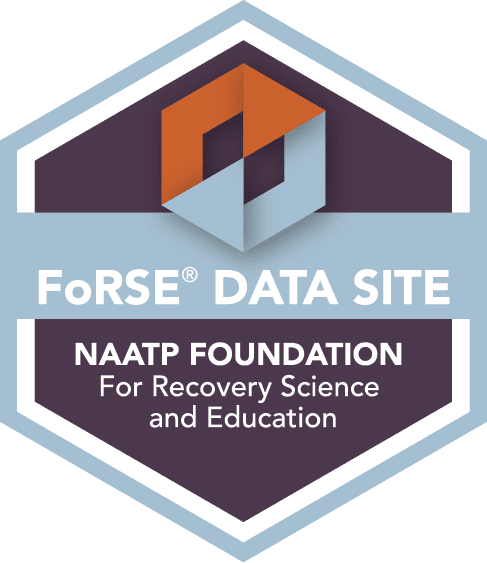6 Ways to Make Relaxation Part of Your Addiction Recovery
Relaxation is an essential recovery skill for several reasons. First, and most importantly, stress is a major relapse trigger. When you feel stressed and overwhelmed, you become negative and feel like recovery is pointless. Often times, you have used drugs and alcohol for years as a way to cope with stress. Due to the way addiction changes our brain chemistry and programs using as a response to stress, it’s a natural part of recovery to think about using them when you feel stressed again. Stress accumulates if you don’t take deliberate steps to de-stress and relax your nevous system on a daily basis. As The Big Book states, you are given a “daily reprieve” from the obsession to drink, however, that daily reprieve is completely contingent upon the actions we put ourselves into.
Exercise
Exercise might not strike you as an obvious way to relax. In many ways, it’s the opposite of relaxation. However, if you want to relax deeply, exercise is one of the best actions you can take on a regular basis. For one, it promotes the release of endorphins and serotonin, which help you relax and improve your mood- a tremendous benefit for the early years of recovery. Exercise strengthens your prefrontal cortex and hippocampus, which are both areas of the brain important for regulating emotions, especially for keeping anxiety in check. Regular exercise helps you sleep more deeply, which gives your body and mind a chance to recover from the challenges of the day, as well as fending off a number of health and cognitive problems. Better sleep also leads to better emotional regulation and all around holistic health.
Meditate
Meditation is a way to practice deeply relaxing your body, while keeping your mind alert, but simultaneously focusing your mind in a way which offers it a moment of relaxation. Mindfulness meditation, in particular, is a good way to discover what kinds of thoughts make you tense and where you experience that tension in your body. This helps you to become more aware of when tension creeps in during your daily life- be it from feelings, experiences, cravings, or other stressors.
Get warm
There has been a lot of research in recent years showing that heat is good for your mental health. One recent study found that participants with depression who took a hot bath every afternoon got more relief from their symptoms than participants who did aerobic exercise twice a week. The researchers believe this has to do with resetting the body’s circadian rhythm, which is often off in people with depression. Other studies have found that exposure to heat promotes the release of the feel-good hormone serotonin. The heat also promotes deep muscle relaxation. When your muscles are very relaxed, it’s hard for your mind to be tense.
Progressively relax
There are several techniques you can use to release tension from your muscles more effectively than just “trying” to relax. These typically fall under the category of progressive relaxation. Focus on one body part at a time and let it relax completely. Some people start at the top of the head and others start with the feet. It only matters what works best for you. Tense that part of the body for a few seconds, then relax completely, and feel the muscles draining or melting.
Breathe deeply
Breathing is a powerful way to control your physiology. You can slow your breathing down, which will slow your heart rate. Whenever you want to relax, even if you only have a couple of minutes, take some slow breaths. Breathe in for four seconds, pause, then breathe out for six seconds, feeling yourself let go of the tension. Immediately, your sympathetic nervous system, which causes you to feel anxious, will deactivate and your parasympathetic nervous system, which causes you to feel more relaxed, with activate.
Socialize
Spending time with people we like is an excellent way to relax. This helps for several reasons. First, it releases endorphins, such as oxytocin, the “love hormone,” which reduces stress. Talking with people we care about helps us forget our own problems and can also be a source of reassurance. Having friends you can rely on also makes you feel better about your problems because you know there are people who are willing to help you out. Even if you don’t end up needing help, it’s comforting to know it’s there.
Established in 1939, High Watch is the world’s first 12-Step treatment center. Every individual who walks through our doors joins a definitive culture of compassion, dignity, and respect from a genuinely caring staff dedicated to seeing the disease of addiction find remission. Providing proven therapeutic approaches and comprehensive 12-Step education, patients leave High Watch with the confidence to maintain abstinence and live a healthy, happy, sober life. Start your journey today by calling 860.927.3772.








